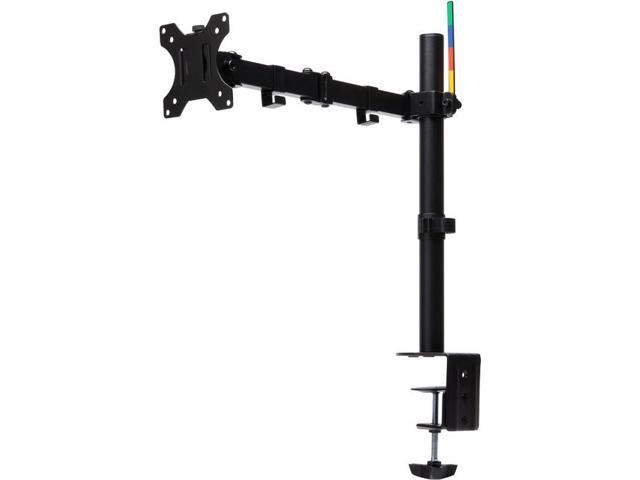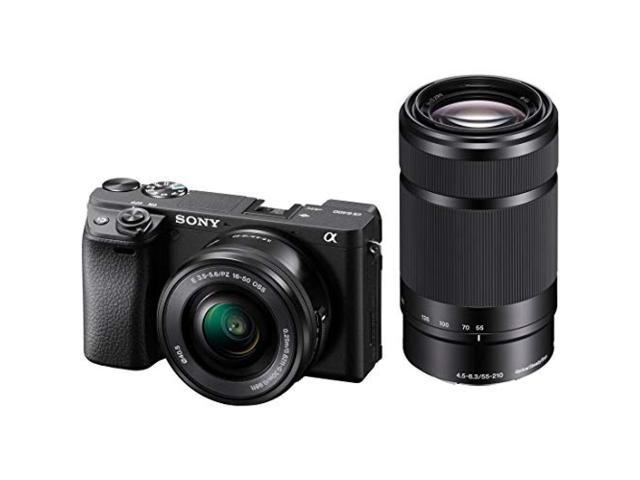In 1998, my colleague, Forrest Mims, and I began a project to develop inexpensive handheld atmosphere monitoring instruments for the GLOBE Program, an international environmental science and education program that began its operations on Earth Day, 1995. GLOBE’’s goal was to involve students, teachers, and scientists around the world in authentic partn- ships in which scientists would develop instrumentation and experimental protocols suitable for student use. In return, data collected by students and their teachers would be used by scientists in their research. This kind of collaboration represented a grand vision for science education which had never before been attempted on such a scale, and we embraced this vision with great enthusiasm. Between 1998 and 2006, Forrest Mims and I collaborated on the development of several instruments based on Mims’’ original concept of using light emitting diodes as spectrally selective detectors of sunlight, which was first published in the peer-reviewed literature in 1992. These instruments have evolved into a set of tools and procedures for monitoring the transmission of sunlight through the atmosphere, and they can be used to learn a great deal about the composition of the atmosphere and the dynamics of the Earth/atmosphere/sun system. If measurements with these instruments are made properly, they have significant scientific value, as well.















